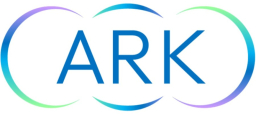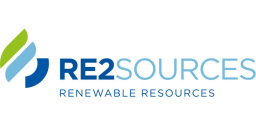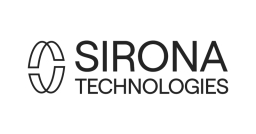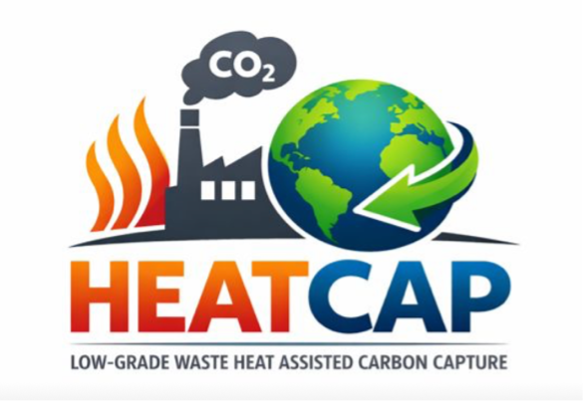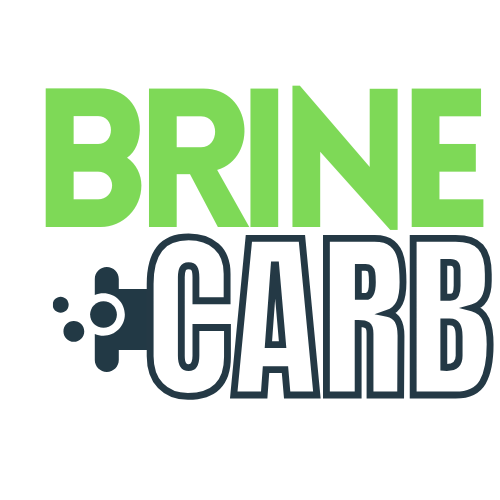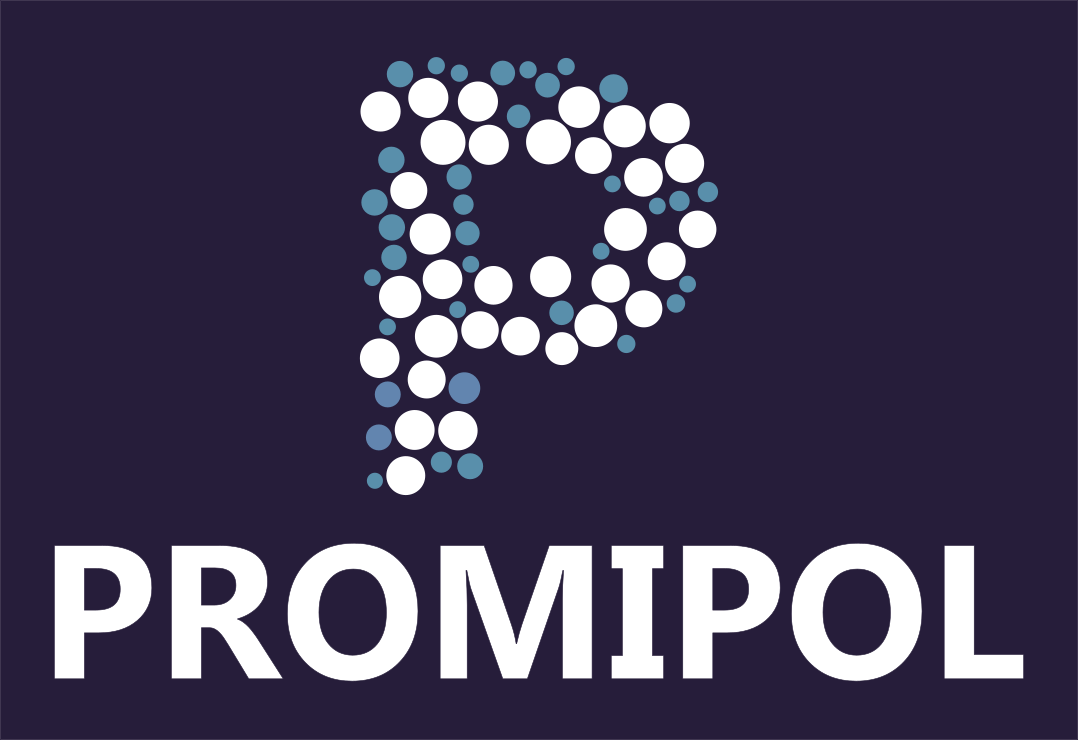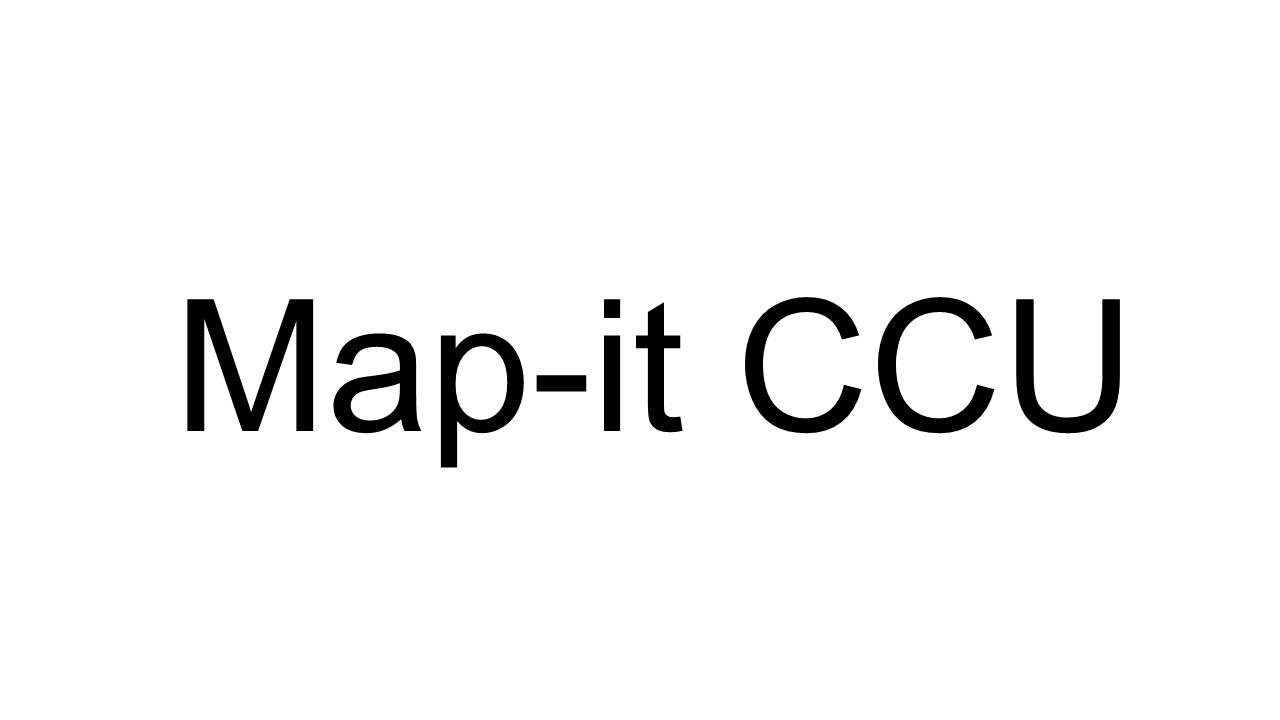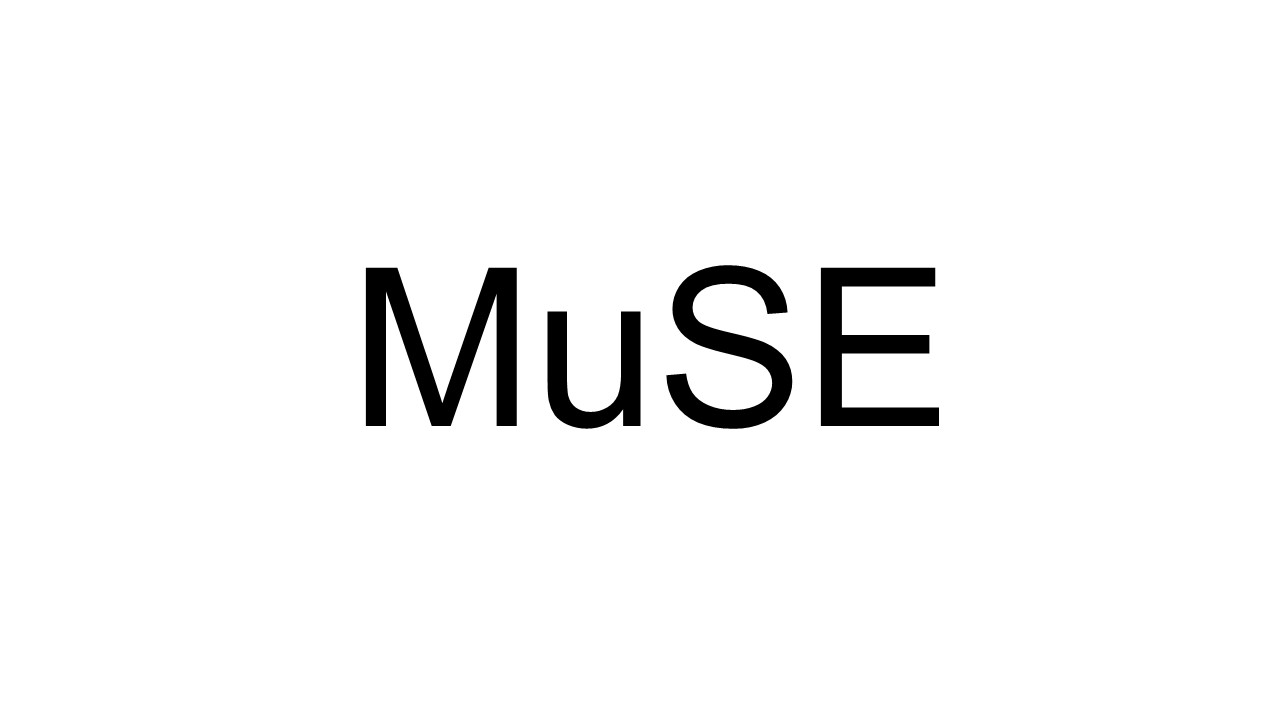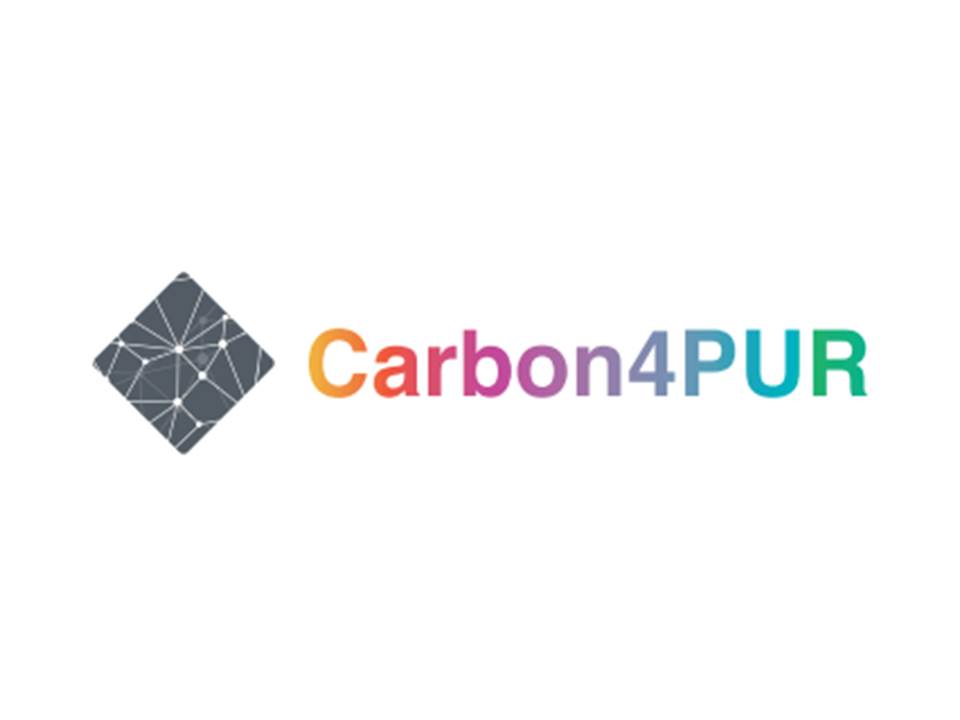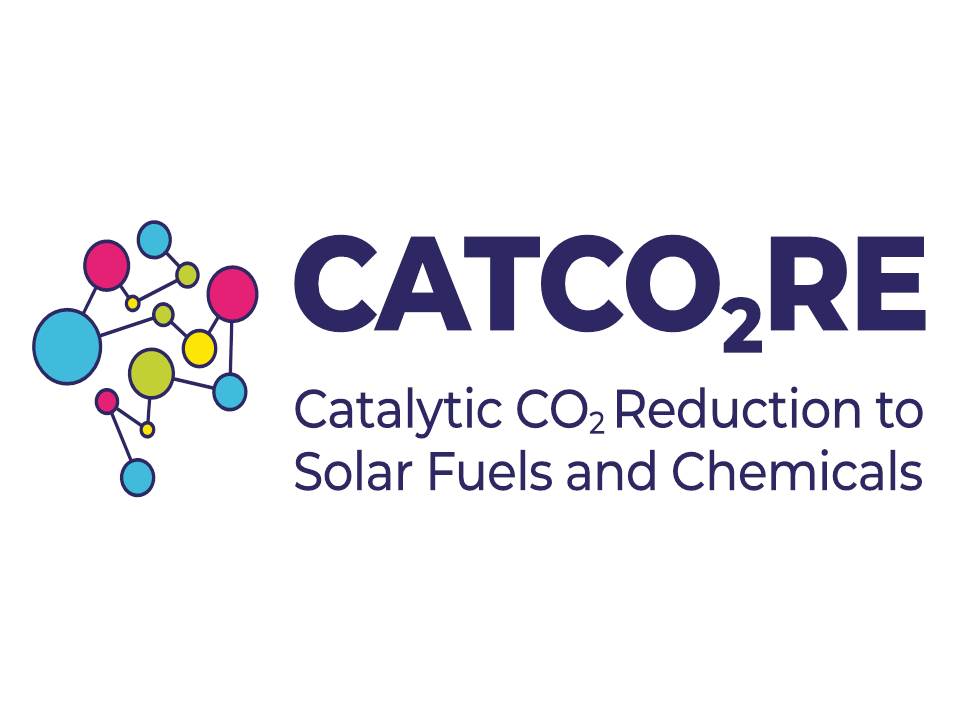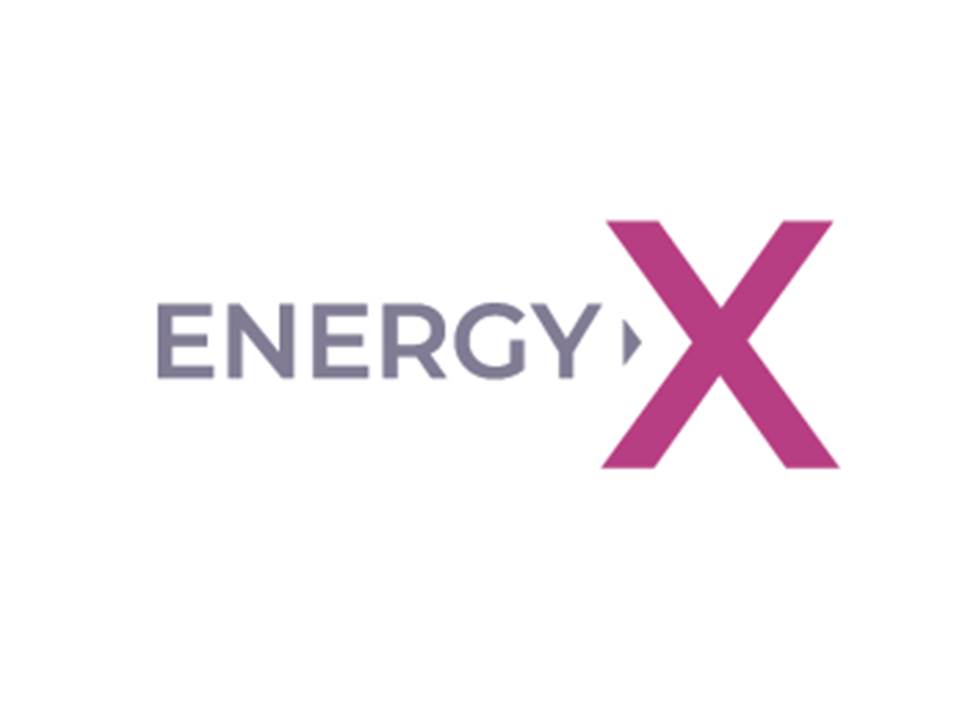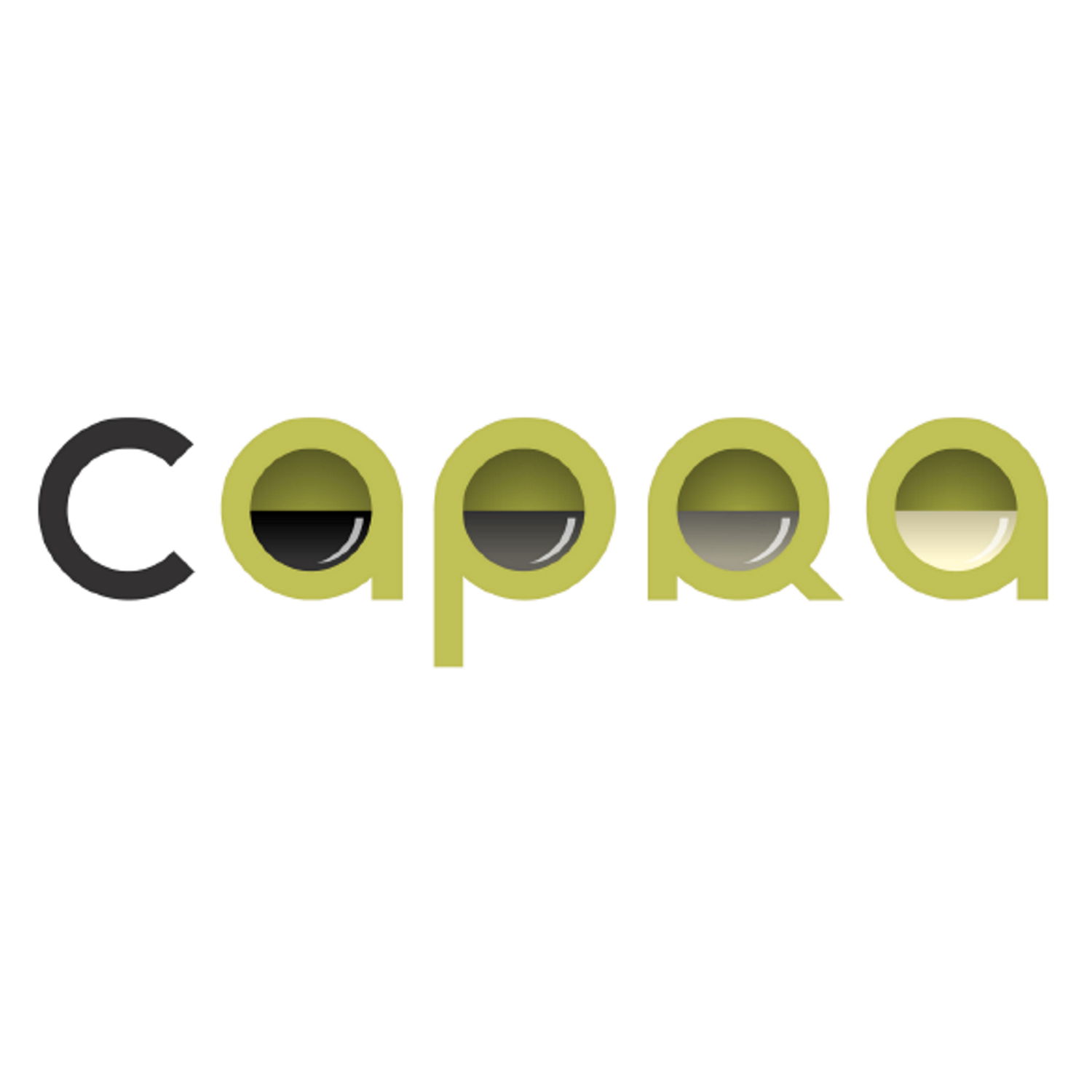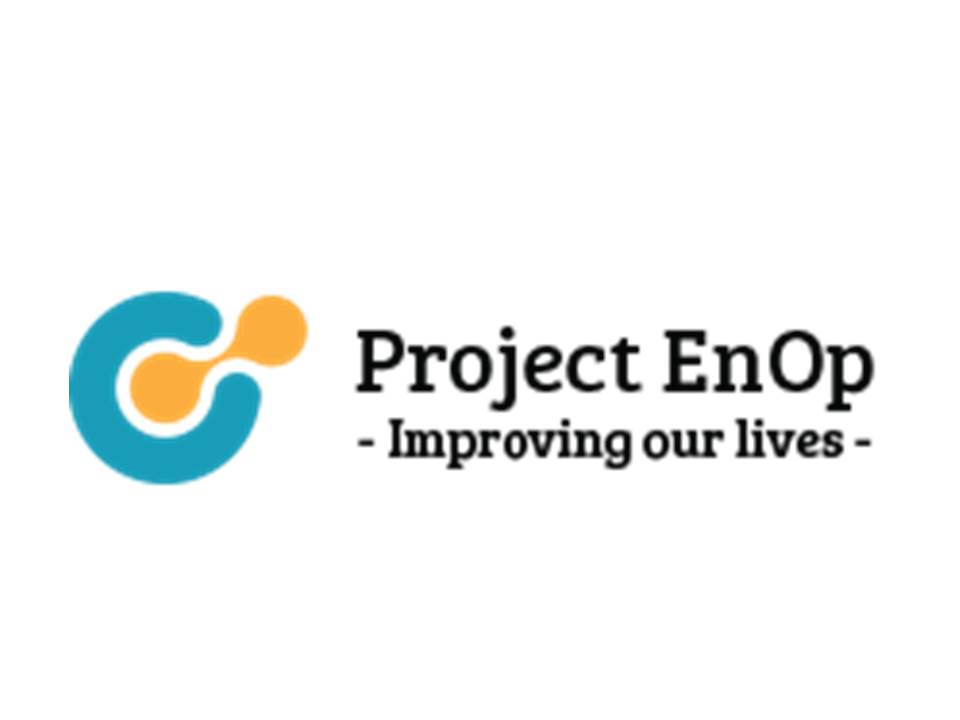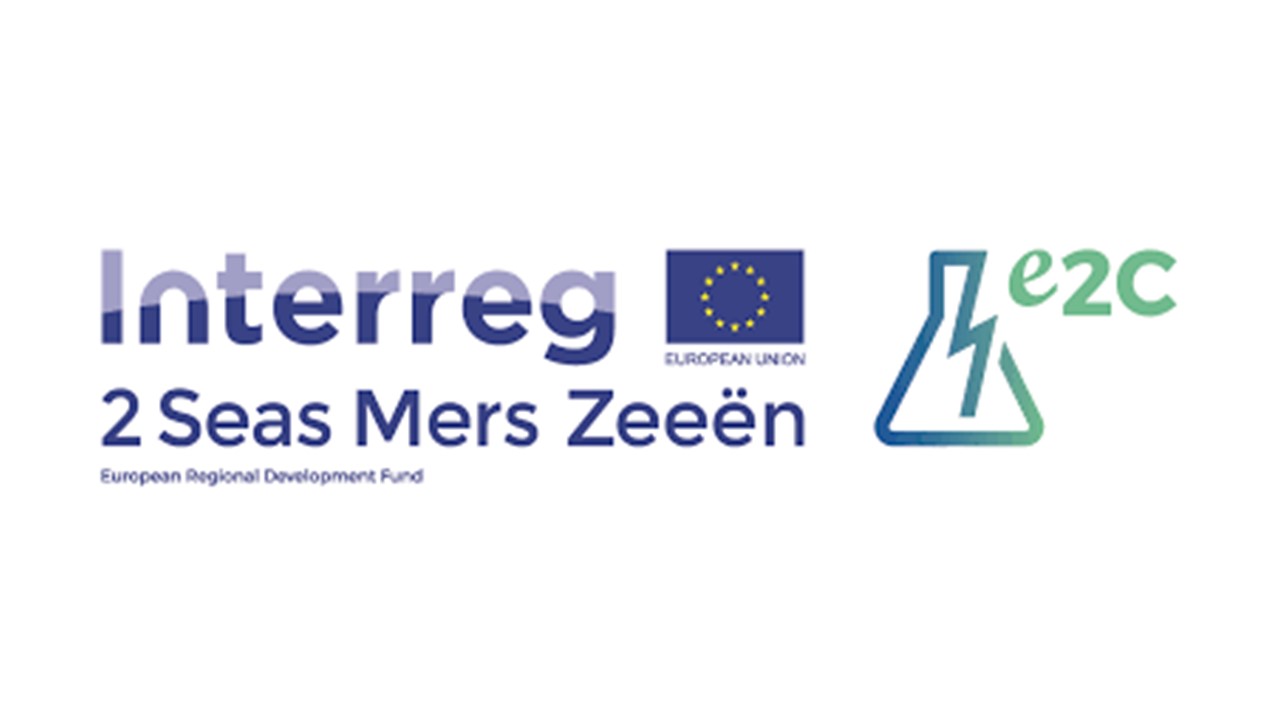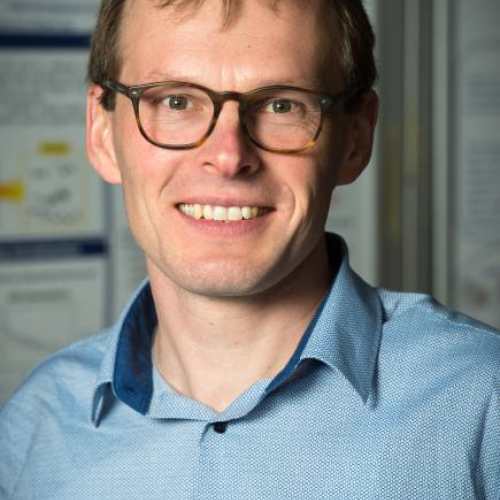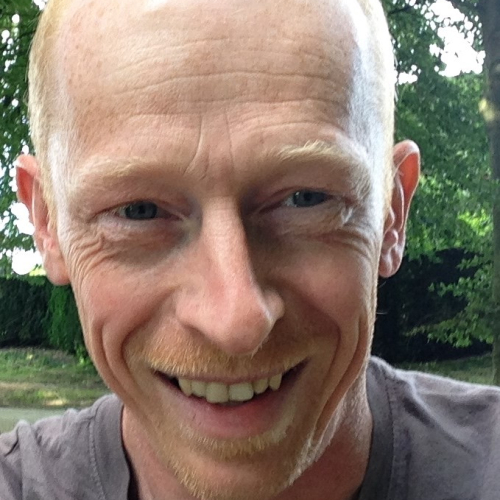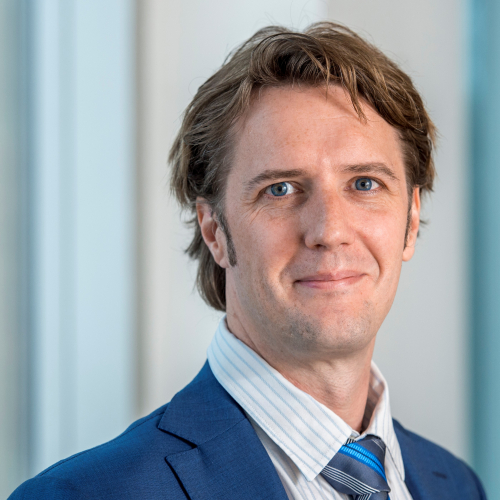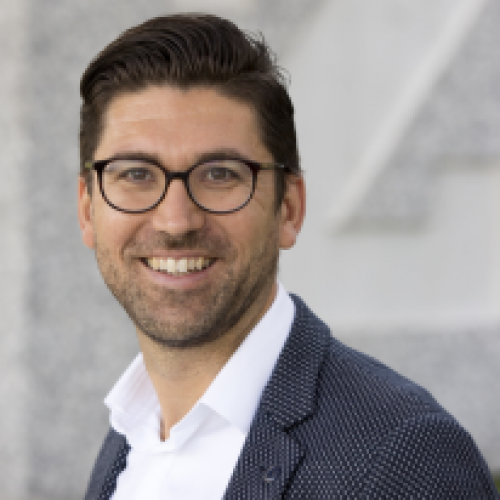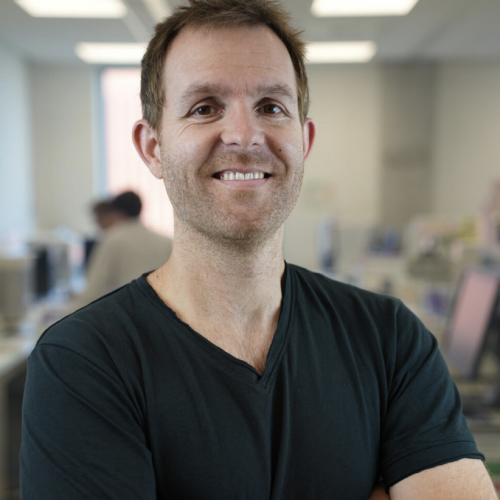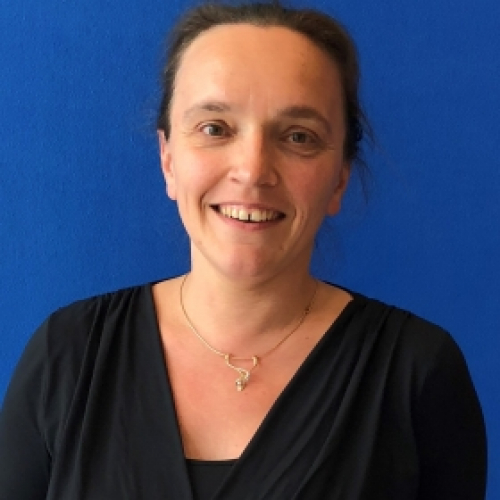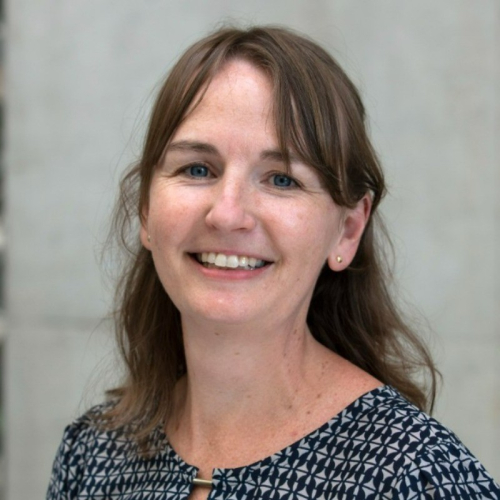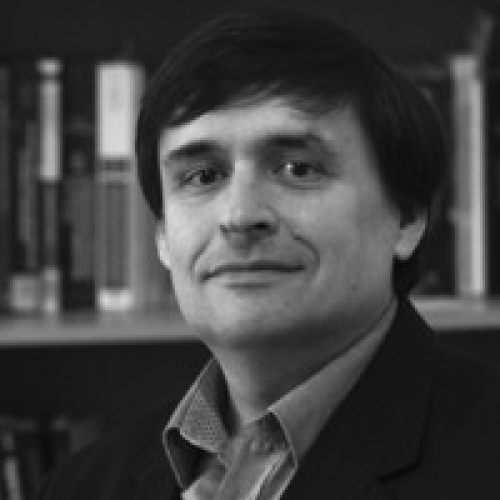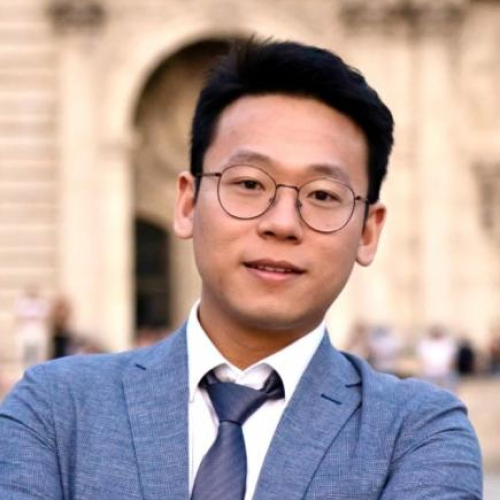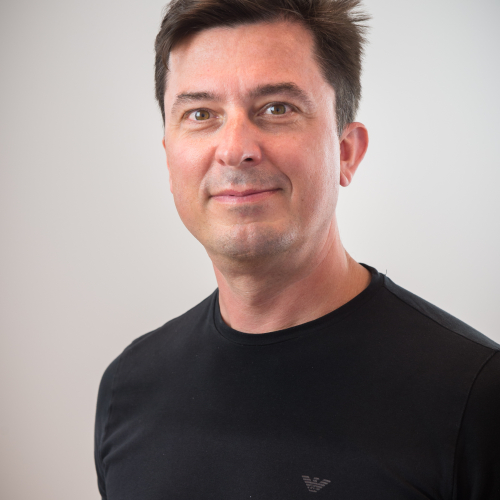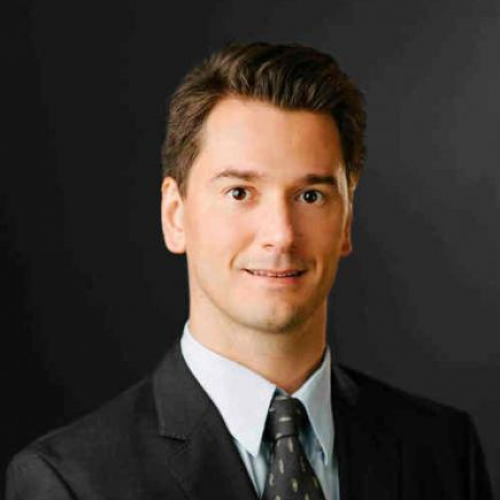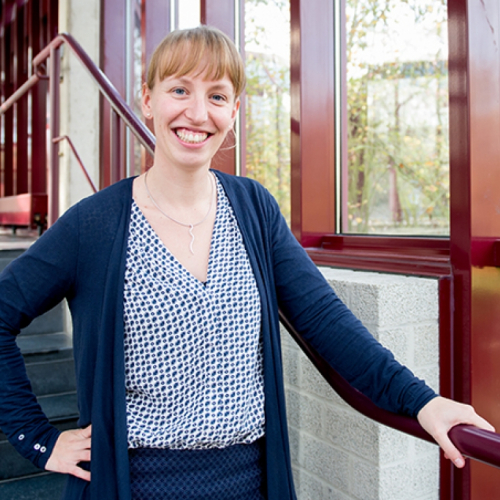Zero Emission Platform
The European Commission is taking the lead in this view. In 2005, the Zero Emission Platform was created to advise the European Commission regarding Carbon Capture & Storage (CCS). More recently, the focus of the platform shifted towards Carbon Capture & Utilisation (CCU), an efficient technology that captures carbon dioxide or carbon monoxide and converts it into chemicals or fuels, resulting in a circular flow (circular economy).
Create momentum
There is a clear need to bundle research efforts into multidisciplinary platforms to accelerate the development of more potent CCU technologies. CAPTURE aims to create momentum within the CCU research field by joining forces with other research centres and industry, thus becoming a centre of excellence.
A collaborative effort
CAPTURE CO2 used 4 programs as a dynamic tool for bottom-up collaboration. Each program embraces the main values of CAPTURE on excellent science, teaching/training, open collaboration with industry, influence the policy on circular economy and innovation. Excellent and complementary expertise for the various steps of the value-chain of CO2 utilization is provided by a multidisciplinary team of scientists.
The programs’ themes of CAPTURE CO2 involved different technologies such as sorption and separation, chemical looping, homogenous and heterogenous catalysis, photocatalysis, plasma catalysis, electrocatalysis, and biotechnology. The involved research units bring expertise in experimental and modelling catalysis, synthesis and molecular design of materials for catalysis, reactor development. The research is supported by a techno-economic analysis to identify market trends and the potential scale of an integrated CO2 utilization plant from the lowest TRL to allow fast market introduction. .
- Capture and Separation
- Methanol (E-Fuels)
- CO2 activation to C1-C2 products
- From C1-C2 to multicarbon products
A large number of projects with multiple CAPTURE partners are ongoing, some of which are (co-)funded by Flemish, Belgian or European governments, including by industrial clusters in Flanders, such as Catalisti.

